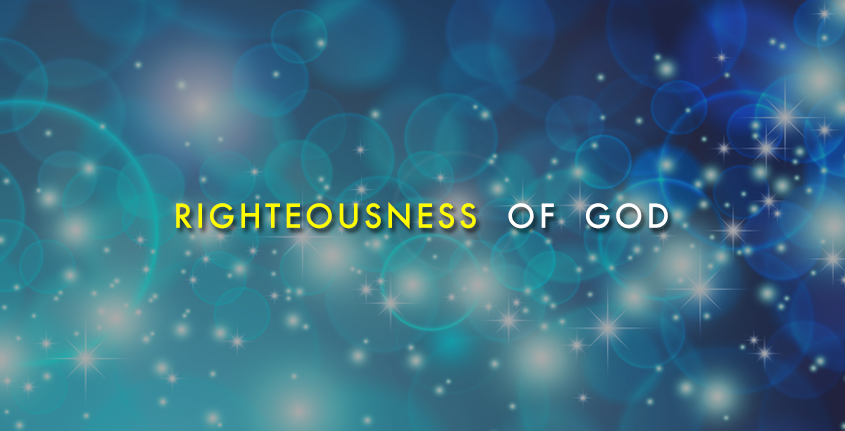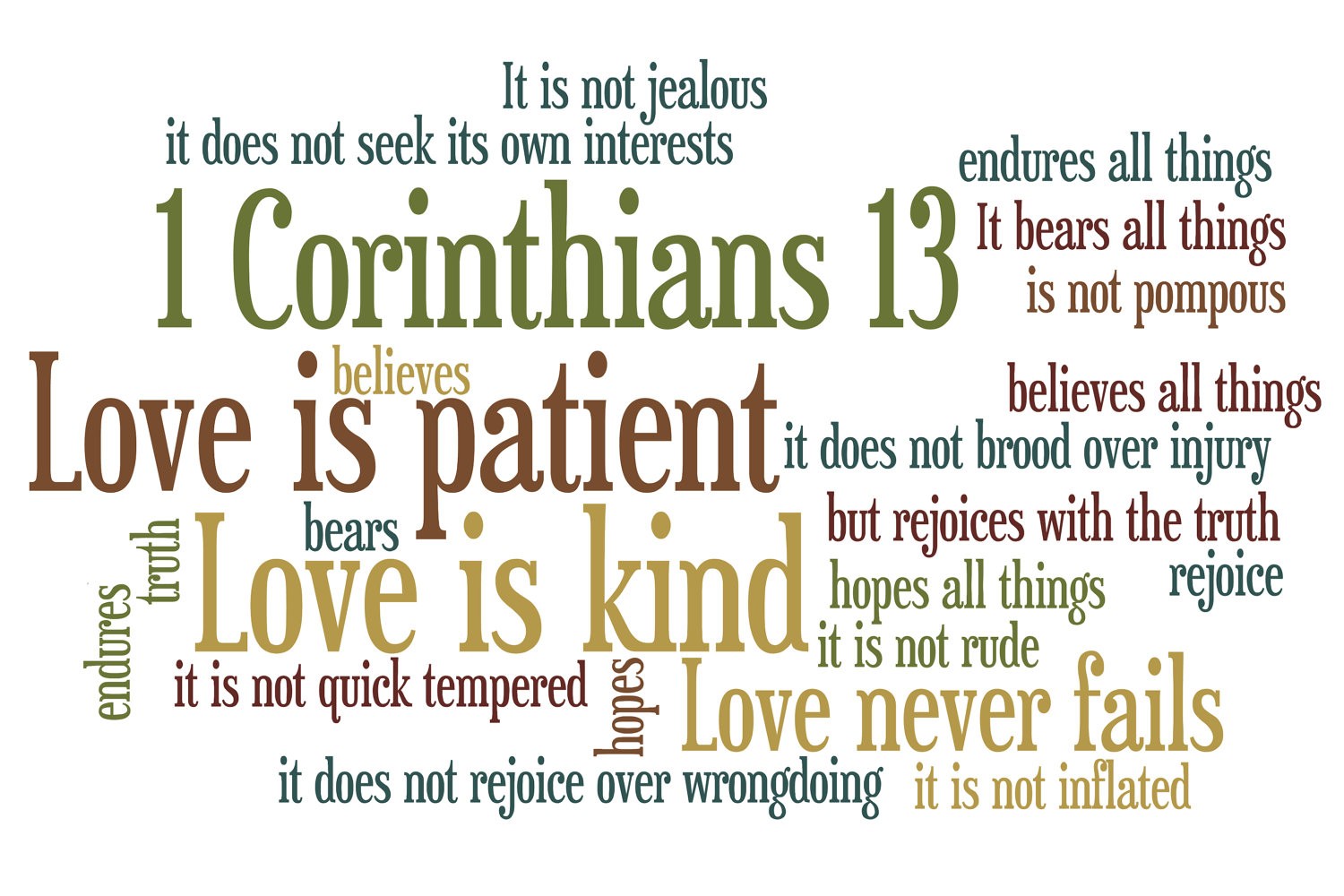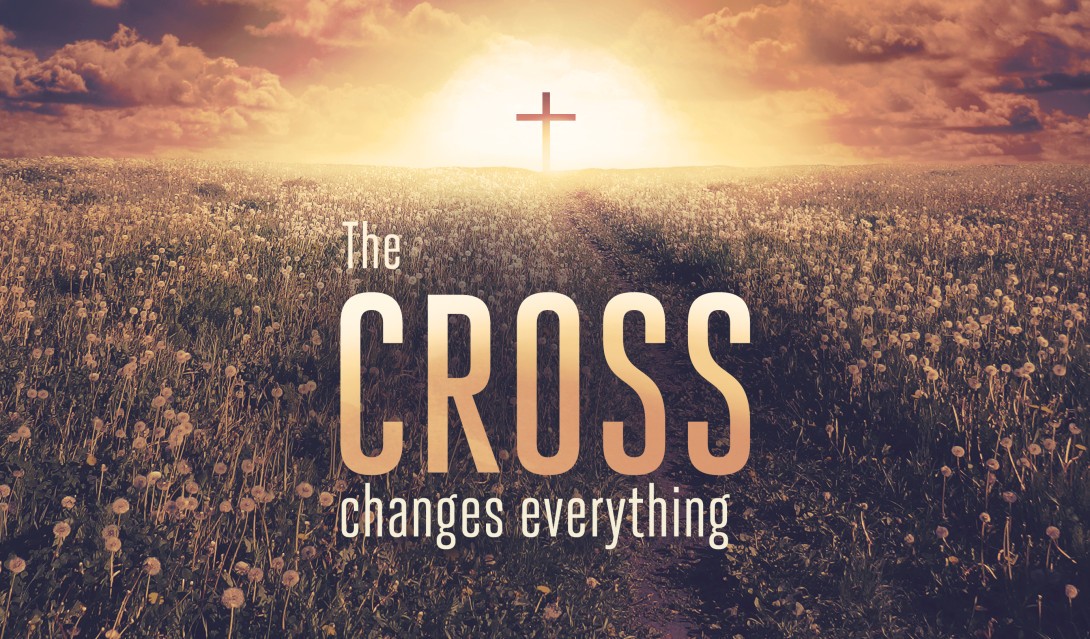This Short Study will look at Righteousness and how it applies to the New Testament saint.
By Rev. G. E. Newmyer
Defining “Righteousness”: There are basically three types of Righteousness: imputed, imparted, and self-righteousness. But before one can venture into the types, we should have a grasp on the term, “Righteousness.”
Most of us associate the word “Righteousness” with “Right Standing”; but “Right Standing” also has degrees. For instance, we know that within the legal system, an attorney has “right standing” in the court room as well as the right to enter the area where the legal business is conducted, a place called “pass the Bar.” The “Bar” is the railing separating the spectators from court room business; and “The Bar” is also the name of the test which candidates take to gain the right to “pass the Bar.” Thus, those who meet the standards set forth are granted the standing to “pass the Bar.”
In this scenario, the lawyers are not the only ones who have “standing”; the judge sits as “the authority,” standing over the lawyers. Then there is the “court clerk” who records information; but clerks are not allowed to venture beyond their authority. The “court clerk” cannot make decisions, cannot defend any client, and cannot voice an opinion; their authority is limited to keeping records. Then there is the court bailiff, who has the authority to “keep the peace” and protect the people in the courtroom from harm. Next, we have clients (of the lawyers) who are allowed some “standing” based on the standing which their attorney holds. Therefore, a client has “imputed” standing or a standing granted via the accepted position of another; thus the client in and of him or herself, has no standing. All these show various types of “right standing,” each with various duties, authorities, and powers.
Order with “standing”: If a client attempts to be the clerk, this would be out of order, lacking right standing. If a clerk attempts to be the judge, this would out of order, lacking right standing. If the lawyer attempts to be the bailiff it would be out of order, lacking right standing. Each standing is designed for the one who has the standing or who has been granted “standing.”
Standing in the Bible: So it is in the Bible; we find that those under the Law of Moses have a standing through the Law. The Prophets are never noted as “doers of the Law,” yet they had a “Standing” as well. Their “Standing” was through their granted prophetic positions; but if they added to “The Word” or took away from “The Word,” they would have been operating outside of their standing.
For instance, during the days of Jeremiah the prophets were saying things in an attempt to get God to obey their words. This was considered to be “false prophecy,” and as a result they no longer had “right standing” in their position.
David as a king had standing as a king and prophet, while Nathan had standing as a priest. Under the Old Covenant, the order established by God for Israel made it illegal for someone to be both priest and king; they could be a priest and a prophet or a king and a prophet. Yet neither David, nor any other king in Israel had the standing to be both a priest and a king.
Old Testament “Standing” in the separation of civil government from the religious order: Why would this be important? We see in the Bible that God separated the civil government from the religious order; and He wanted this to be kept that way.
Here is an example: In the Book of Revelation we find that Jesus has (past tense) made us (of the New) both kings and priests within the one Kingdom of God (Rev 1:6). But does this mean that we would also have standing as priests under the Law of Moses? No; we would not and we do not because our standing (in the New) is granted under a different Law. Thus, for us to venture over to the Law of Moses as priests would mean that we would have vacated our “right standing” in the New; and since we are not of the Tribe of Levi either, this would mean that (if we did this), we would lose both positions. The vast differences between the priesthood under “the Old” and the priesthood under “the New” make it impossible to hold both. Our standing is not complex, but it is limited to the things of the New Covenant; the more we view the differences between the various standings the more we can appreciate that “Righteousness of God” which is granted to us who are Born Again.
The Keys to the Kingdom: If we are kings, then we must have a kingdom; and we know that our kingdom is the Kingdom of God. But if ours is the “Kingdom of God,” wouldn’t God be the King? Yes; but we are who have “the keys”; thus we are kings in our part of the Kingdom. We have the power to deny entry, or allow entry. It doesn’t mean we are over people, rather we are over things. For instance, we can allow uncontrolled anger to rule in our kingdom or we can vacate it. We can allow Mercy to rule in our kingdom or we can reject it. Whatever we allow or disallow, had better match the “Kingdom order of Jesus,” who is the King of all kings.
In the Book of Hebrews we read, “But unto the Son he saith, Thy throne, O God, is for ever and ever: a sceptre of righteousness is the sceptre of thy kingdom.” (Heb 1:8). This refers to the Scepter of the Kingdom as being the Righteousness of God.
In the next verse we read, “You have loved righteousness, and hated iniquity; therefore God, even your God, has anointed you with the oil of gladness above your fellows.” (Heb 1:9). Who are those “fellows”… or could it be that verse 8 refers to Jesus while verse 9 to the kings in the Kingdom? To help us we find two different Greek words used in these two verses for “righteousness.” In verse 8, it’s the Greek “Euthutes” which comes from the Greek “Euthus” meaning “True,” “Sincere” or “Level,” referring more to the person’s character than their position.
In verse 9 it’s the Greek word “Dikaiosume,” meaning “a condition making the person acceptable to God,” which shows that the second usage is something granted from the first, thereby showing how the “Righteousness of the Kingdom” is first seen as a covering or it is “imputed” (implied); and then it becomes “imparted” (given), but how? This is done by the New Birth because the “imparted Righteousness of God” is in the New Man (Eph 4:24): “And that ye put on the new man, which after God is created in righteousness and true holiness.”
Another definition of “Righteousness” is…”One who is Righteous is one who is true, upright, and correct”; however, it depends on the source as to whether or not these things would remain true. If we leave the foundation of this to “natural thinking and sinful man,” then he uses the natural, social, along with his intellect, to define his standing in the world.
For instance, whatever the natural person deems to be “good” becomes the reason to grant themselves the right to use any so-called “lawful” means to reach their desired result; and whether this “means” is moral or not, doesn’t matter, as long as it’s considered to be “lawful.” So the idea is, that if the “methods used” are acceptable in some manner by society, then the natural thinker feels that these methods can be allowed as the means to achieve their ends since in their mind, the end is something they consider to be “good,” and therefore this opinion has made them “righteous.”
Here is another example; let’s say that this “end” which a natural thinker might seek is political or a one of a business nature. So, to get the plan accepted without being accused of a violation, the thought might enter to twist some facts a little when communicating with others about the plan; or how about this notion? Why not leave out some facts altogether, because who really cares? Or what about making fun of others, mocking them,”…because as long as a portion of the people can be tricked into going along with some agenda, natural thinkers might assume that the goal is still “good goal,” based on the numbers who have agreed. These one often use opinions, emotions, fear, or anything “Legal or Acceptable” by the world, to reach their end and still feel good about themselves, remaining something which the world would still define as “righteous.” The worldly also feel if they have “standing” in the community, then they’re affiliated with a righteous position. However, in the end, none of those things give any person “Right Standing” with God; thus the Scepter of the Kingdom is still the Righteousness of God.
Imputed Righteousness: First John tells us that the Blood of Jesus cleans us from all unrighteousness; and since Jesus made it possible for us to have the Righteousness of God, all forms of self-righteousness became unrighteousness. Paul used Abraham as an example since Abraham obtained “imputed righteousness.” “Imputed” means that God views something of the person as a righteous, allowing God to view them in that new way so the person can gain. In Abraham’s case, his “imputed righteousness” was brought about by his continual belief, the purpose was so it could be by faith; and in order for it to be by faith, there had to be a Covenant with a hope and promise. The man Abraham didn’t have standing, but his belief brought about that. By his belief, God was able to “impute right standing” on Abraham’s belief, allowing the man who held the belief to make entry into a Covenant; and then the Covenant allowed it to be by faith.
Paul begins by telling us that no one is righteous; then he tells us Abraham’s belief was. It’s still true; no one in and of themselves is righteous before God, but the belief of Abraham gained the righteousness. The same is true with us; the Cross is the beginning point. We believe in the death and resurrection of Jesus whereby the Father imputes Righteousness on us in order to forgive us, based on the words of Jesus, “Father, forgive them.” As we accept the forgiveness of the Father; then, by our act of forgiving others, we become righteous to enter the Covenant.
Imparted Righteousness: The New Birth gives us Imparted Righteousness (Eph 4:24), the same Scepter denoting the Kingdom. The Holy Ghost gives us the Seed of God, the Seed of God is the Holy Spirit, the Spirit of Holiness who declared Jesus as the Son of God by the Resurrection (Rom 1:4). We are then sealed by the Holy Spirit of promise; yet we can grieve the Holy Spirit by using rulers of the darkness as a nature. If we return to the ways of the world, our souls lose the righteousness, as we separate ourselves from the Spirit. Not an easy task, the Spirit is bent on completing the purpose, even the salvation of our souls.
The Law of Moses was based on self-righteousness, established on an effort of the flesh to complete a deed. However, the use of the flesh tainted the deed, causing the Commandment “Thou shall not covet” to fall on the doer. Self-righteousness is limited in scope and time, since it’s flesh-based. Once the effort is done, it’s done; and the person has to start all over again. Therefore, those under the Law of Moses were not required to keep just one sabbath day, but all of them. Because they used the flesh, it also means they admitted they were sinners and also meaning that the act was “dead,” something the Book of Hebrews calls “dead works.” On the other hand, the Righteousness of God is continual; it does not depend on the flesh, but on the Holiness of God. We then find, that the New Man is created (or formed same Greek word) after the True Holiness and Righteousness of God. The rule was set in order in the very beginning; everything produces after its own kind.
The view of Abraham’s belief matches the last verses in Mark, where we are told that if we are baptized (meaning that we are in the Body), then adding, if we continuously believe, then the saying “Thou shall be saved” applies. Under the Law of Moses the use of self-righteous deeds never granted anyone right standing before God, only before the Law and just for the moment that they were performing the deeds prescribed under the Law of Moses.
Refusing to enter into self-righteousness: One of the first Commandments Jesus gave us was “Seek ye first the Kingdom of God and His Righteousness.” The Kingdom of heaven is a place, while the Kingdom of God is the Seed of God as the Holy Spirit in us. Once we have the Seed it becomes our goal to continually seek God’s righteousness, by refusing to enter self-righteousness.
Far too many of us are tricked into acts of self-righteousness; we think sometimes that if we do something on our own we might impress God. Some think they can excite God; but how can anyone excite God? Excitement is something we feel, but God knows what we’re going to do long before we do it; so how then can we excite Him? If we are able to control the emotions of a person, we are able to control the person. God has emotions, but we are not going to control His emotions. The Joy of the Lord is an emotion; the wrath of God is an emotion.
We are given the measure of faith so we can please God, not impress Him. Self-righteousness attempts to impress God or ourselves perhaps. In that case, we might think that our study grants us favor before God; yet Jesus asked, why do we except favor for doing what we are supposed to do?
We are in a Covenant; and any Covenant has duties. In our case, we “seek the Kingdom and His Righteousness” and then “the things will be added.” However, if we insert our self-righteousness, we violate the premise; thus the things won’t be added. This is because we would have used another premise, perhaps from a different Law in order to get the things; but in so doing we became involved in self-righteousness causing the Commandment to fall on us. The Commandment then finds us guilty, proclaiming the judgment of death. How can this be? Well, if we use a premise of dead works, this allows the Commandment to fall. The Righteousness of God is set for all time; it was around before time began and it will be around long after time ceases. Like God’s love, we don’t earn it, we accept it by faith.
There are signs when certain people become prone to self-righteousness; we see this when they do some things of the flesh with a certain motive such as: pay their tithe, pray, mow the neighbor’s yard, take out the trash, love their wife, submit to their husband, go to church…but then think that their efforts have motivated God to do something for them after these deed. Often, the next time we see these people, they might spend hours telling us about all they did to get God to perform for them. They never considered that God did what He did based on Love for His children, but not because of their works of the flesh.
An element of the rudiments of the Doctrine of Christ is “repentance from dead works.” (Heb 6:1-2) Hebrews 9:14 reads: “Therefore leaving the principles of the doctrine of Christ, let us go on unto perfection; not laying again the foundation of repentance from dead works, and of faith toward God; Of the doctrine of baptisms, and of laying on of hands, and of resurrection of the dead, and of eternal judgment. “
The word “Dead” there, is the Greek “Nekros” meaning a corpse, dead body, or useless efforts amounting to death. The same Blood of Jesus is cleaning us from unrighteousness (I Jn 1:9), indicating all self-righteousness is unrighteousness: “If we confess our sins, he is faithful and just to forgive us our sins, and to cleanse us from all unrighteousness.” We have the Righteousness of God by the New Birth; and we can come boldly to the throne of Grace, to obtain Mercy and find Grace in the time of need. All that is required of us is to reject the temptation to enter self-righteousness, as we accept God’s Righteousness. Selah.






